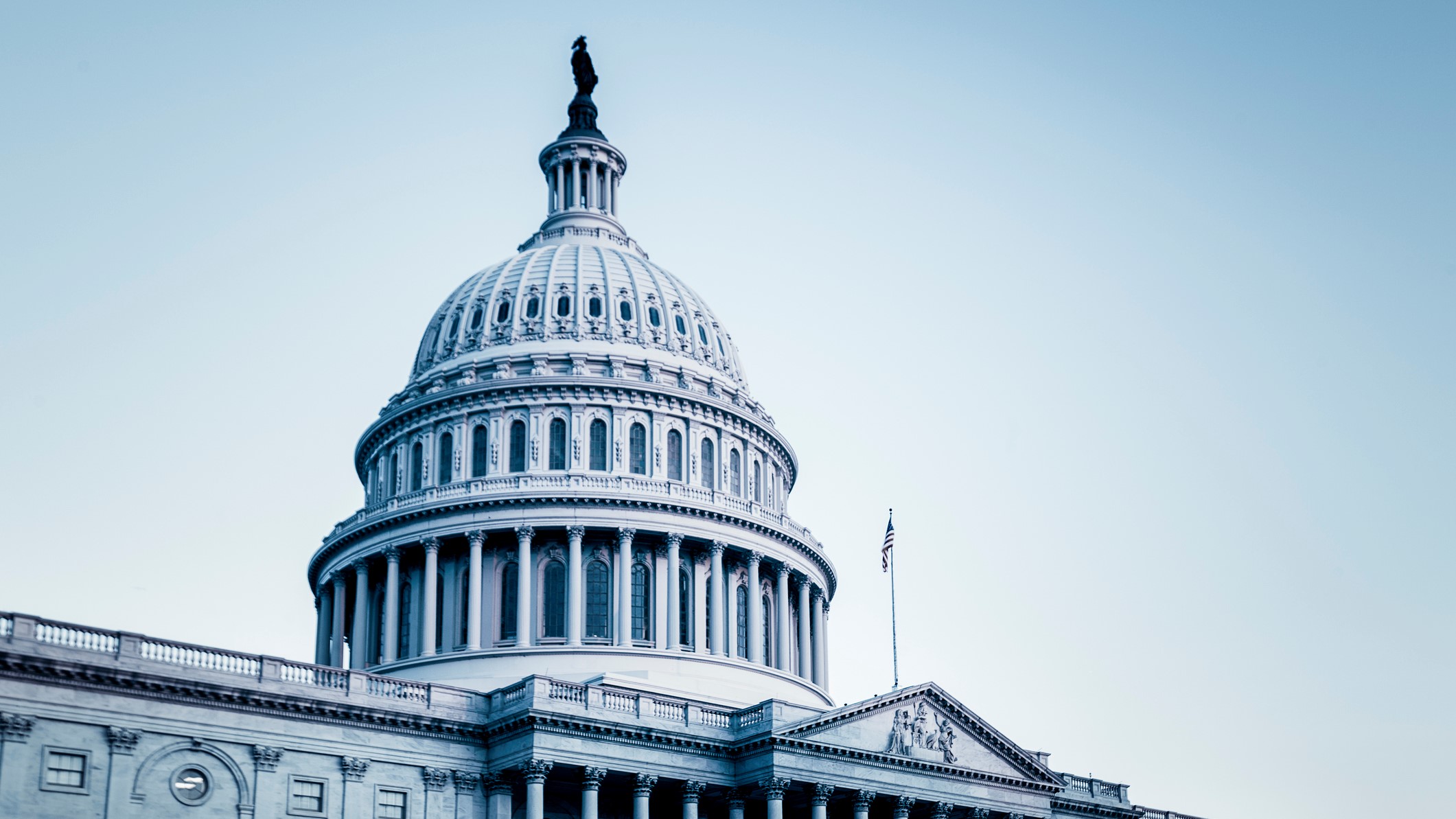
Congress should raise the debt ceiling without conditions.
In order to pay our nation’s bills, Congress must periodically raise the “debt limit,” or the amount the federal government can borrow to keep the government running. Increasing the debt limit, which is often done in bipartisan fashion without incident or negotiation, is essential to ensure the United States doesn’t default on our obligations and send our economy into a tailspin. Congress must act quickly and without conditions to raise the debt limit before the government’s cash reserves are exhausted. Here’s why:
• The government defaulting on its debt would be a disastrous blow to the U.S. and world economy. Failing to raise the debt limit could trigger catastrophic economic consequences, including a recession and widespread job loss.
• Households across the country would feel direct effects, including higher interest rates, increased unemployment, and delays in receipt of critical federal benefits – such as Social Security, Unemployment Insurance, nutrition assistance, and other supports families rely on.
• For these reasons, there is broad agreement among economists that the debt ceiling should be raised immediately and without conditions.
Women and families would bear the brunt if the U.S. defaulted on its financial obligations – or if there were draconian spending cuts or changes to core federal programs.
• Women and families cannot afford a deeply damaging recession, which could result if the U.S. defaulted on its financial obligations or imposed draconian spending cuts or changes to core federal programs.
• Many women, especially women of color, already find themselves in precarious economic circumstances and would be profoundly harmed by a manufactured and avoidable recession. Recovery from the pandemic has been uneven, with women of color lagging behind in employment and struggling to meet basic needs.
• Exacerbated by the COVID-19 pandemic, the lack of a robust care infrastructure has left caregivers vulnerable to economic instability, especially Black and immigrant women who disproportionately perform paid and unpaid care.
• Without the temporary emergency federal aid provided because of the pandemic emergency, women and children would have faced even greater harm. However, much of this emergency assistance has expired or will do so shortly.
• Although the pandemic laid bare serious flaws and inequities in many systems and structures, lawmakers have failed to enact robust, permanent investments in child care, paid leave, aging and disability care, and more that are vital for women and their families. Further spending cuts or changes to core benefits programs in exchange for raising the debt ceiling, would be particularly harmful.
Congress should raise the debt ceiling, and strengthen the economy by raising revenue at the top.
After a clean extension of the debt limit, Congress should foster more inclusive economic growth by raising revenues from the wealthy and big corporations—rather than squeezing families’ budgets and undermining the economy with spending cuts. Enacting more progressive tax policies would help the economy work for all of us and make the tax code more equitable, especially if the revenues were invested in long-overdue and much-needed supports for women, people of color, people with low incomes, and caregivers.
•Tax breaks at the top are less likely to favor people of color and women supporting families on their own, who are paid less money and hold less wealth because of systemic discrimination.
• Revenue raised from the wealthiest individuals and corporations could be used to support the investments women, people of color, LGBTQ+ people and families need, like public supports for caregiving, housing, and health care.
•There are numerous tax policies that would raise revenue at the top, including:
°Raising the corporate tax rate and enacting international tax reforms;
°Increasing income tax rates for the wealthiest;
°Taxing income from wealth like income from work;
°Strengthening the estate tax;
°Closing the carried interest loophole;
•Such tax policies would raise more than enough revenue to support the care investments we need. For example, revenue proposals in President Biden’s FY2024 budget would raise nearly $5 trillion over 10 years, which would allow for substantial proposed investments in care while still lowering the deficit by an estimated $3 trillion over 10 years.
•Policymakers should also ensure the IRS has enough funding and staff to enforce the tax laws on the books, focusing on collecting taxes owed by those who have the resources to exploit loopholes.
Congress should invest in the care economy to support women, LGBTQ+ people, families, and all of us.
Our priority should be supporting the well-being and economic security of women, households of color, and families with children, rather than preserving tax cuts for the wealthy and big corporations. In this moment, we are still recovering from the pandemic recession and women and families are still struggling. We should reject calls for more tax cuts for the wealthy or spending cuts to the programs helping people keep afloat. Instead, we need robust and permanent investments in policies like child care, paid leave, and aging and disability care that help the economy by valuing care work and helping women, LGBTQ+ people, and families thrive.
Congress must not trigger a recession by failing to raise the debt ceiling or imposing deeply harmful spending cuts. If we instead extend the debt limit and make the tax code fairer and more progressive, we can raise revenues to invest in people so that all of us can thrive.





